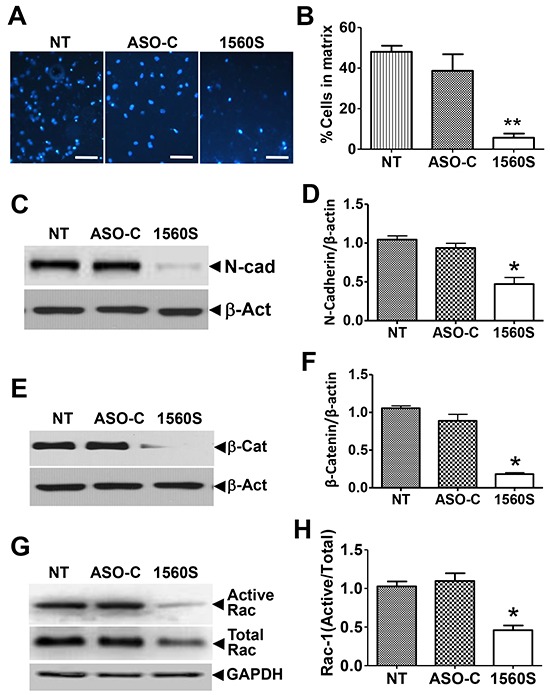Figure 6. ASK reduces invasiveness parameters.

A. For matrigel invasion assay, 105 B16F10 cells were transfected with ASO-1560S or ASO-C or left untreated for 48 h. Cells were collected and seeded onto the upper insert. After 24 h, the insert was stained with DAPI and invading cells were scored. B. A triplicate analysis of the experiment in (A) showed that ASK induces a drastic inhibition of B16F10 invasion (**p<0.005). C. B16F10 cells treated as in (A) for 48 h were collected and total lysate was subjected to Western blot with N-cadherin antibody. Representative blot shows a strong decrease in N-cadherin by ASK. D. A triplicate analysis shows a 50-60% downregulation of N-cadherin, compared to controls (**p<0.005). Error bars represent average ± s.d. E. Western blot of β-catenin shows a marked reduction in this protein in 1560S-treated cells. F. A triplicate analysis shows about an 80% reduction of β-catenin, compared to controls (*p<0.002). G. Cells treated as in (A) were collected and total supernatant was subjected to pull-down assay for active Rac-1 and precipitates were analyzed by Western blot. The portion of active Rac-1 was markedly reduced by ASO-1560S. H. A triplicate analysis showed that the proportion of active Rac-1 was reduced to about half of controls, in cells treated with 1560S (**p<0.001).
